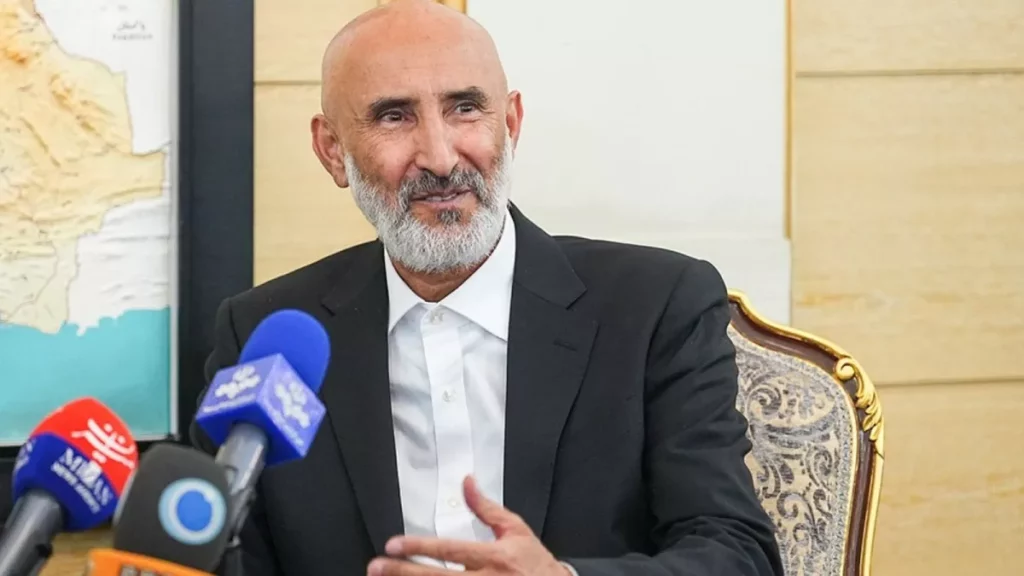On the Occasion of Hamid Nouri’s Release
WANA (June 16) – Hamid Nouri, an Iranian citizen, became a victim of a political situation when he was arrested in Sweden in 2019. The manner in which his arrest and case were handled suggests that Hamid Nouri’s issue is more political than judicial.
Hamid Nouri, an Iranian citizen and former judiciary employee, traveled to Sweden in November 2019 at the invitation of a relative. Unaware of the trap set for him, he was arrested by Swedish police upon arrival at Stockholm airport and has been held in solitary confinement in Swedish prisons since then until June 14, 2024.
The case of Hamid Nouri, from accusation to arrest and detention, contravenes international and domestic legal standards. One of the clearest indications of its unjust nature is his detention for a year and a half without any formal charges.
Issuing an indictment after such a long period indicates insufficient trial evidence, implying that the Swedish court began gathering evidence only after his arrest. This practice is illegal worldwide, as no one should be detained for an extended period simply to facilitate evidence gathering. In his case, none of the accepted and reliable legal procedures observed in international communities were adhered to.

Ex-Iranian official Hamid Nouri returns home after long incarceration in Sweden – 15 June 2024 / Social Media / WANA News Agency.
Behind these events lies the hand of the terrorist group known as the Mojahedin-e Khalq (MEK). This group instigated the spectacle created by the Swedish court. Hamid Nouri was accused of being a prison guard for members of the MEK. He started working at Evin Prison in 1982, and due to the presence of many MEK members in the prison and his role as a guard, he had direct encounters with these prisoners. Some of these members accused him of complicity in the execution and murder of prisoners.
All the evidence relied upon by the court was based on probabilities, and none of it was presented as verified and definitive documentation. Additionally, the court used MEK members’ relatives and family members as witnesses, who had never even seen Nouri before, indicating that he was a victim of a premeditated political conspiracy.
After four years of detention, the Swedish court charged Nouri with involvement in the executions of 1988 and sentenced him to life imprisonment. During his detention and following the verdict, the Iranian government made numerous diplomatic efforts.
Finally, at the request of Iran and Sweden, the Omani government mediated in the case of the prisoners in both countries. On Saturday, June 15, 2024, Oman announced that a mutual agreement for prisoner exchange had been reached, and the prisoners were transferred to Muscat to facilitate their return to their respective countries.
On Saturday, after enduring 1,680 days of solitary confinement in Swedish prisons, Nouri returned to Iran and was welcomed by his family and several officials from the Ministry of Foreign Affairs and the judiciary.
By WANA writer: R. Hejazi












